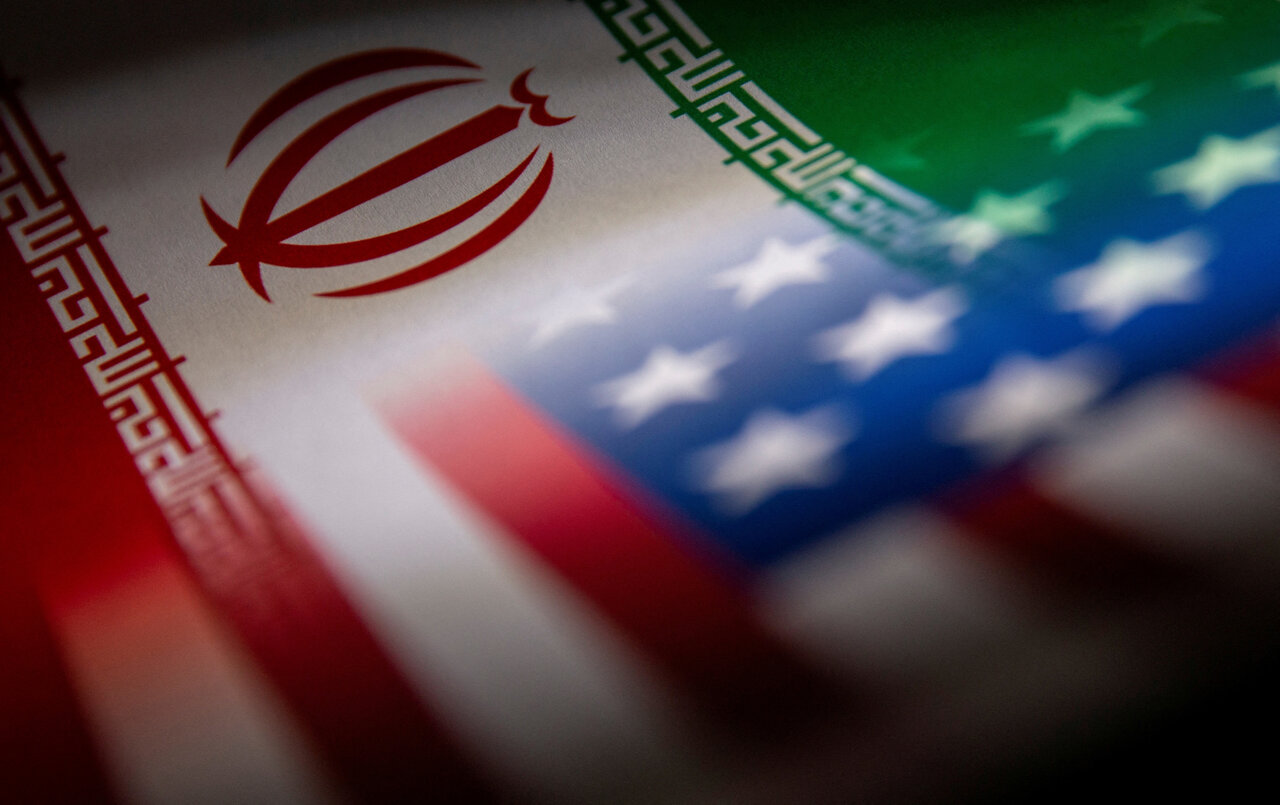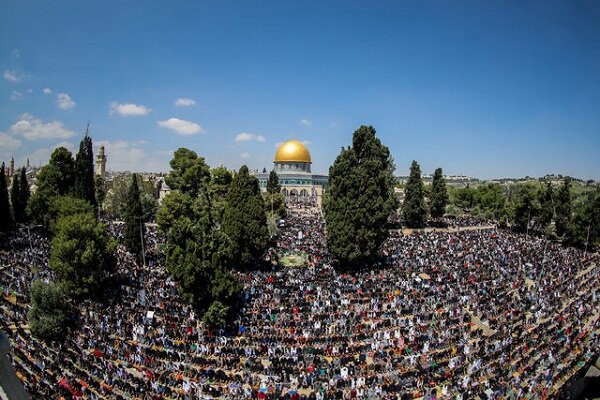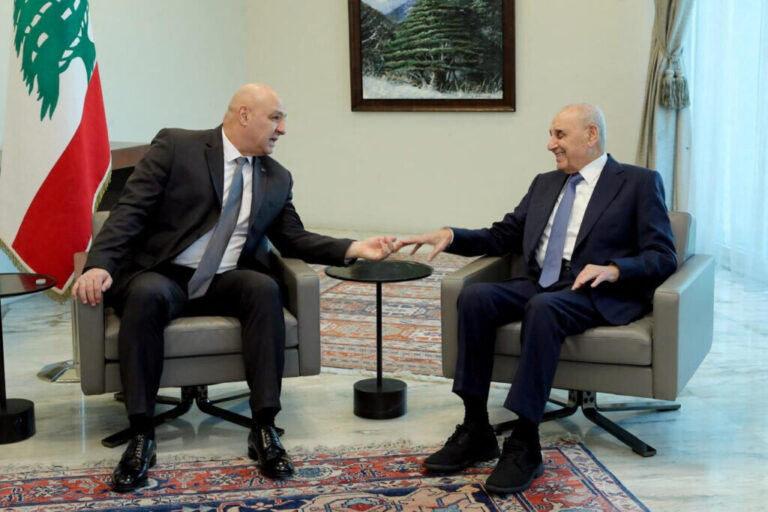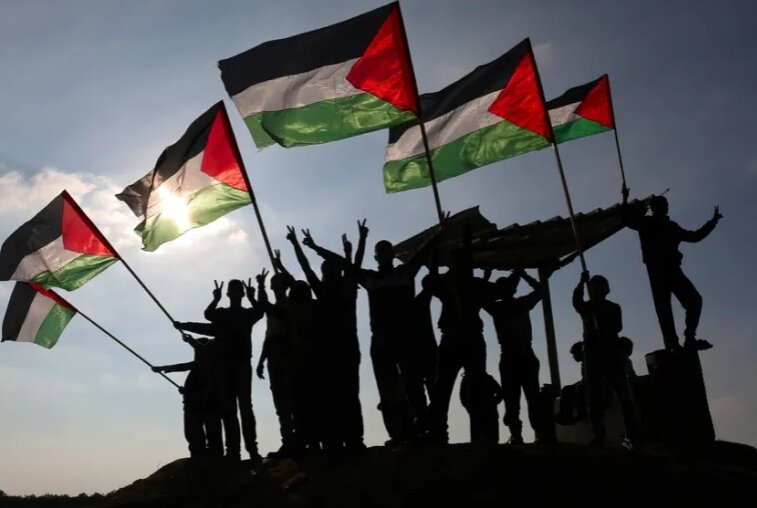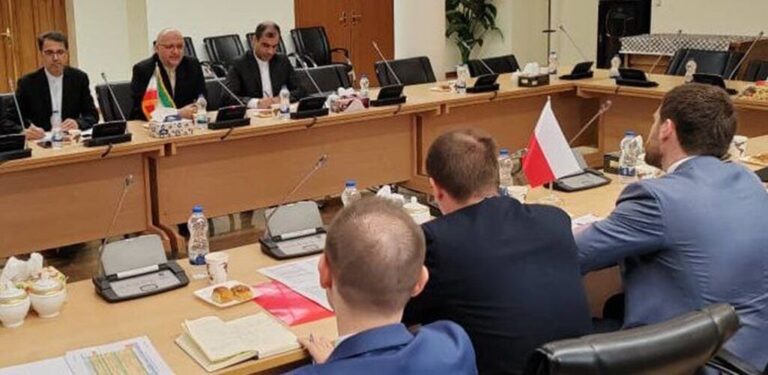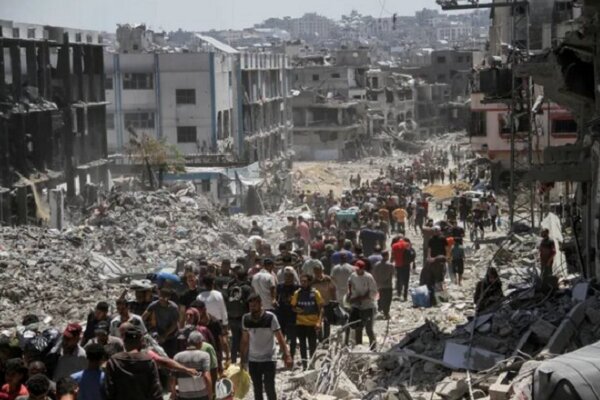US Hails Positive, Constructive Oman Talks with Iran: A Step Toward Diplomatic Progress
In a significant diplomatic development, Iranian and United States delegations recently convened in Muscat, Oman, to engage in discussions regarding the Iranian nuclear program. This meeting aims to pave the way for a potential agreement that could reshape relations between the two nations.
The Iranian Foreign Minister, Abbas Araghchi, expressed optimism before the talks, emphasizing that Iran is pursuing a “fair agreement” with the United States. He stated, “Our intention is to reach a fair and honorable agreement on an equal footing,” reflecting Iran’s desire for a balanced negotiation process.
Araghchi highlighted the possibility of reaching a compromise, stating that there is “a chance” for progress if the United States adopts a similar stance. He leads the Iranian delegation in Muscat, where indirect talks are being facilitated with the U.S. delegation, headed by Steve Witkoff, the United States Special Envoy to the Middle East.
Prior to the commencement of the indirect discussions, Araghchi conferred with Oman’s Foreign Minister, Badr bin Hamad al-Busaidi, to finalize the arrangements. The mediation by al-Busaidi underscores Oman’s role as a neutral facilitator in these high-stakes negotiations.
Key Points from the Talks
- Location: Muscat, Oman, serves as the venue for these crucial discussions.
- Participants: Iranian Foreign Minister Abbas Araghchi and U.S. Special Envoy Steve Witkoff are the principal representatives.
- Objective: The primary aim is to negotiate terms that could lead to a fair agreement regarding Iran’s nuclear ambitions.
- Mediation Role: Oman’s Foreign Minister, Badr bin Hamad al-Busaidi, is mediating the discussions to foster a conducive environment for dialogue.
These talks come at a critical time as both nations seek to address longstanding tensions surrounding Iran’s nuclear program. The atmosphere in Muscat is one of cautious optimism, with both sides appearing willing to explore avenues for compromise.
In recent months, discussions about Iran’s nuclear capabilities have gained urgency. The international community remains watchful, as developments in these negotiations could have far-reaching implications for regional and global security.
As the talks progress, analysts will be closely monitoring the outcomes of the discussions. Should both parties find common ground, it could lead to a significant thaw in relations and potentially open the door to further diplomatic engagement.
Importance of a Fair Agreement
Reaching a fair agreement is crucial not only for Iran and the United States but also for the stability of the Middle East. Here are some reasons why:
- Regional Stability: A successful negotiation could contribute to a more stable Middle East, reducing tensions that have historically plagued the region.
- Nuclear Non-Proliferation: A fair agreement could enhance global efforts in nuclear non-proliferation, setting a precedent for future negotiations.
- Economic Impacts: Improved relations could lead to economic benefits for both nations, fostering trade and investment opportunities.
As both delegations continue their discussions in Oman, the world watches closely. The outcome of these talks could not only redefine U.S.-Iran relations but also influence global geopolitical dynamics.
In conclusion, the indirect talks in Muscat represent a pivotal moment in addressing the Iranian nuclear issue. The commitment of both sides to engage in dialogue is a positive step toward resolving a complex and sensitive situation. The international community will be hopeful for a breakthrough that could lead to a comprehensive and lasting agreement.
